La feuille de route de Meta en matière de réalité virtuelle est en pleine refonte. Au lieu de lancer le très attendu Quest 4 l'année prochaine, l'entreprise semble se concentrer sur un appareil radicalement différent : un casque de réalité mixte ultra-léger, nom de code Project Puffin . Selon certaines informations, les deux prototypes internes du Quest 4, Pismo Low et Pismo High , auraient été annulés, et le Quest 4 lui-même pourrait ne pas sortir avant 2027 .
Un changement de cap : pourquoi ce pivot ?
Pendant des années, la gamme Quest de Meta a suivi une voie simple : augmentation de la puissance, amélioration des écrans, et éventuellement optimisation de l’ergonomie. Mais cela pourrait changer. Meta privilégie désormais le confort au quotidien plutôt que les performances brutes du matériel. Ce changement marque une évolution stratégique majeure, et non un simple report de produit.
Plutôt que de poursuivre avec la conception traditionnelle du Quest, Meta accélère le développement du Puffin, un appareil qui pèserait moins de 110 grammes et qui utilise un boîtier informatique relié à un câble et porté dans la poche pour gérer le traitement et la batterie.
Qu'est-ce que le projet Puffin exactement ?
Le Project Puffin n'est pas un casque de réalité virtuelle traditionnel. Selon des sources internes, il ressemble davantage à « une paire de lunettes volumineuses » qu'à un casque de type Oculus classique.
Principales caractéristiques annoncées :
- Conception légère : Moins de 110 g environ, grâce à l'externalisation des calculs et de la batterie.
- Module externe : Intègre le processeur, la carte graphique et la batterie dans un petit boîtier de poche, réduisant ainsi le poids du casque.
- Horizon OS : Utilise le même système d'exploitation que les appareils Quest actuels, assurant ainsi la compatibilité des applications.
- Commandes : Pas de manettes conventionnelles ; repose probablement sur le suivi oculaire et les gestes de la main.
- Cas d'utilisation : Axé sur la productivité, les espaces de travail virtuels multi-écrans, la consommation de médias et les expériences de réalité mixte légères.
Pourquoi Meta fait ce pari
Ce changement reflète une transformation stratégique plus profonde :
-
Confort et portabilité
Réduire le poids du casque permet de surmonter un obstacle majeur : l’inconfort prolongé lié au poids des appareils de réalité virtuelle.
-
Contraintes technologiques
Il est possible que Meta ait retardé la sortie du Quest 4 car la puce XR de nouvelle génération (« XR3 ») n'est pas encore prête à grande échelle. L'utilisation d'un capteur filaire permet de contourner cette limitation.
-
Développer le marché
Puffin cible la productivité, le divertissement et la réalité mixte , avec pour objectif de toucher un public plus large que les joueurs passionnés.
-
Calendrier de planification plus intelligent
Puffin vise un lancement en 2026 , tandis qu'un appareil de type Quest traditionnel pourrait arriver vers 2027 , donnant ainsi à Meta plus de temps pour innover.
-
Gestion des risques
Le développement de Puffin en parallèle d'autres prototypes offre à Meta une certaine flexibilité : si Puffin échoue, un casque traditionnel pourrait toujours être lancé ultérieurement.
Risques et critiques potentiels
- Attrait limité pour les joueurs : Sans manettes, Puffin risque de ne pas satisfaire les passionnés de réalité virtuelle.
- Compromis liés à la conception filaire : Bien que léger, le disque externe ajoute de la complexité et des câbles.
- Incertitude concernant les prix : Le matériel d’affichage et les prix restent à confirmer.
- Risque de retard : Si le développement de Puffin rencontre des difficultés, Quest 4 pourrait être reporté à nouveau.
- Problèmes d'identité de marque : Certains affirment que Puffin n'est pas un « véritable Quest 4 » mais une gamme de produits distincte.
Que pourrait devenir Quest 4 ?
Si le Quest 4 sort aux alentours de 2027, il pourrait inclure :
- Puce XR nouvelle génération : pour des performances et des graphismes améliorés.
- Suivi oculaire et rendu fovéal : pour optimiser le rendu visuel et l’efficacité.
- Optique avancée : Affichages plus lumineux et meilleur contraste pour un réalisme accru.
- Stratégie parallèle : Meta pourrait conserver Puffin pour la réalité mixte au quotidien tout en réservant Quest 4 aux joueurs de réalité virtuelle les plus exigeants.
Conclusion
La décision de Meta de reporter le Quest 4 au profit du Projet Puffin va bien au-delà d'un simple report de produit : elle reflète une redéfinition de la marque Quest . Le confort, la facilité d'utilisation et la légèreté des expériences de réalité mixte sont désormais au cœur du dispositif, suggérant une évolution des « machines VR » vers des appareils XR destinés à un usage quotidien .
Les joueurs les plus exigeants risquent d'être déçus par l'attente, mais pour les utilisateurs intéressés par la productivité, les médias et la réalité mixte occasionnelle , Puffin pourrait bien redéfinir l'approche de Meta en matière de réalité étendue. L'issue de ce pari reste incertaine, mais il est clair que Meta repense ce que l'avenir de la VR – et de la gamme Quest – signifie réellement.

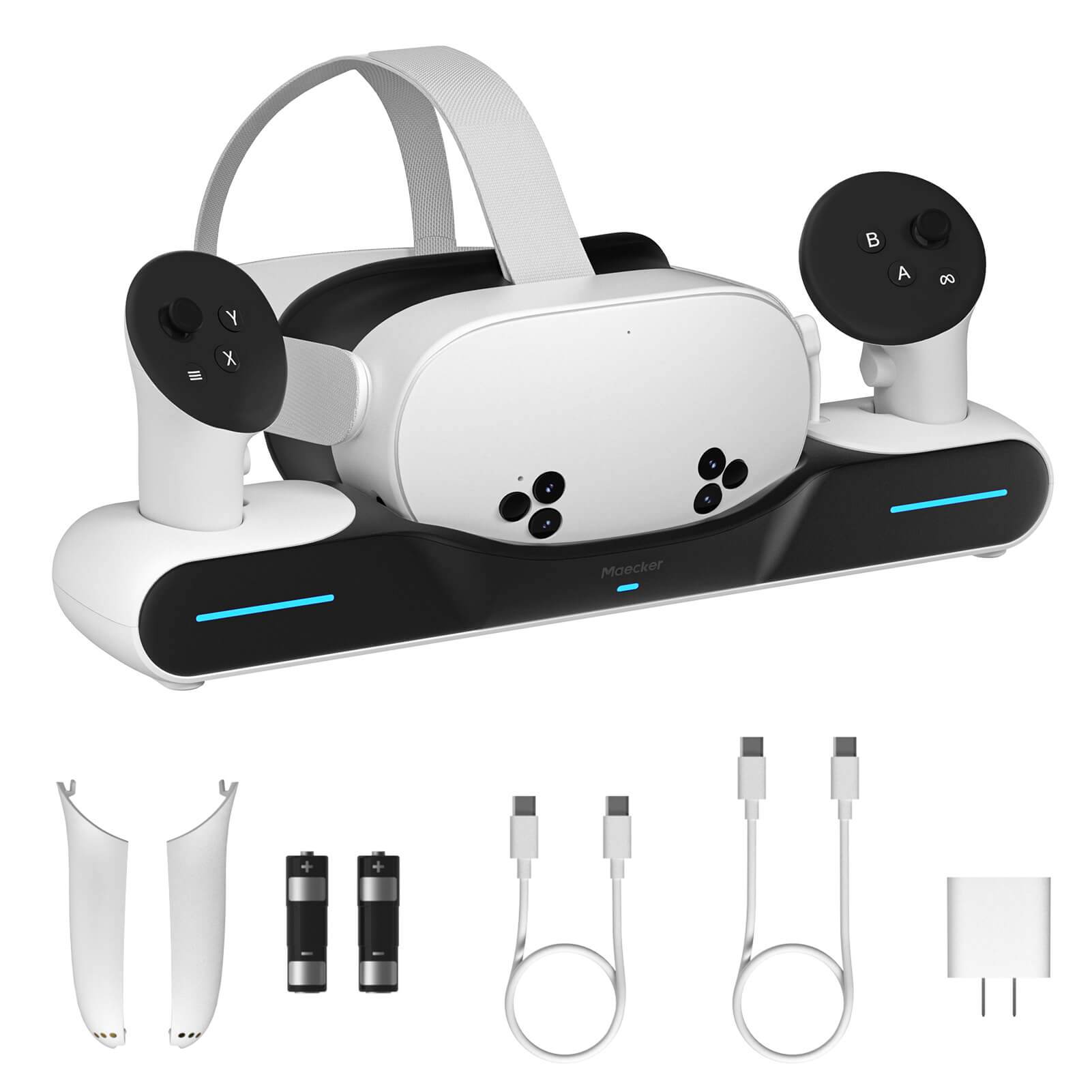
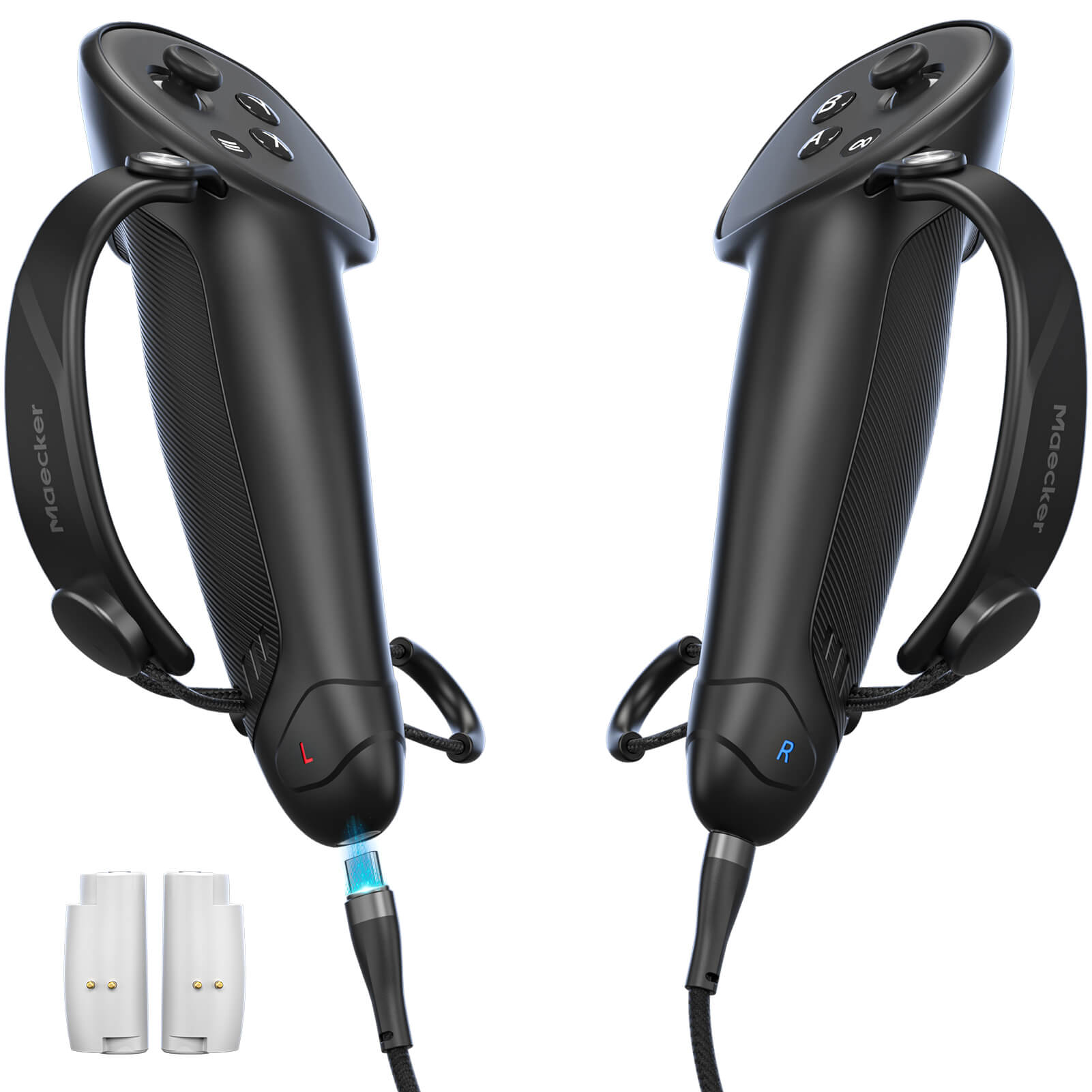
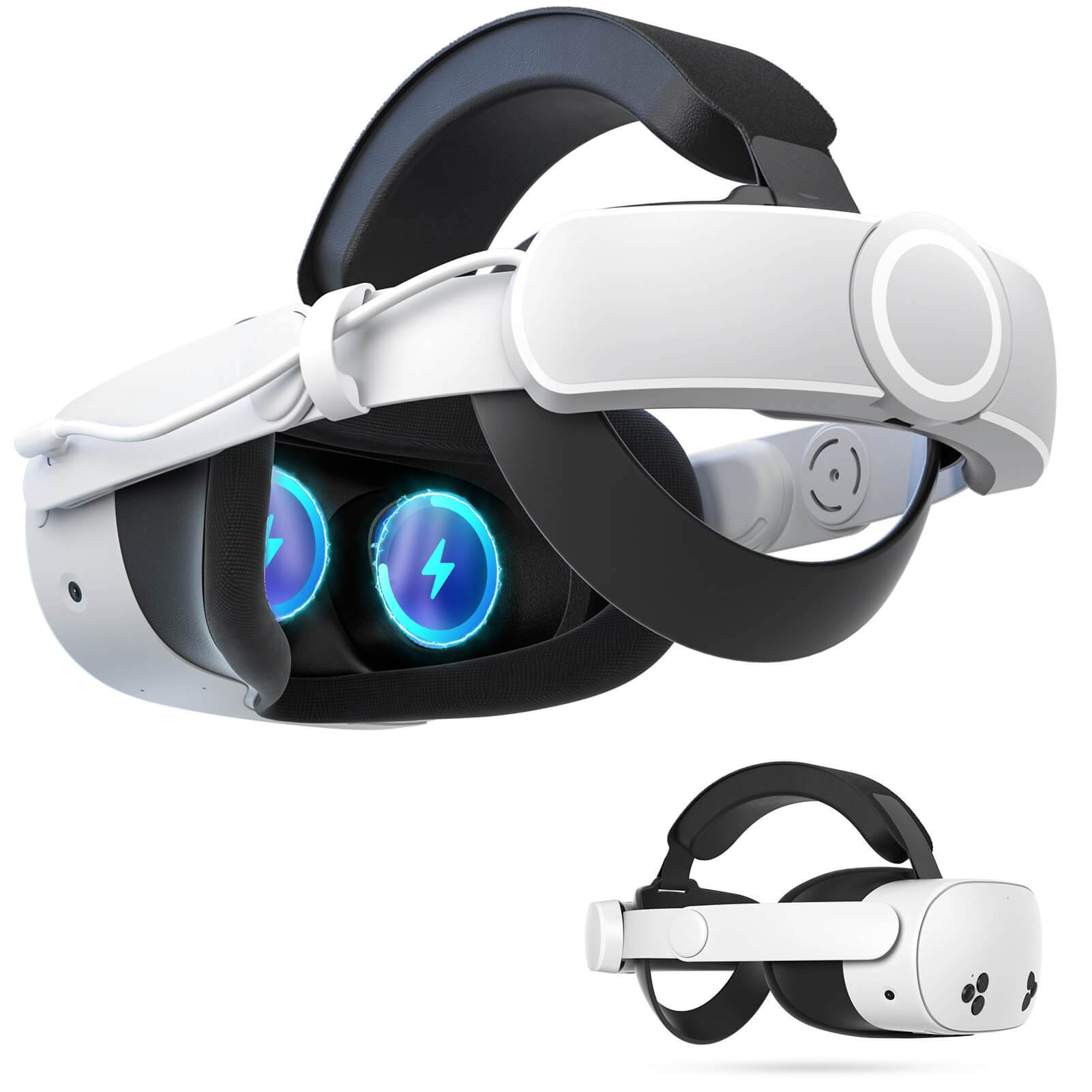
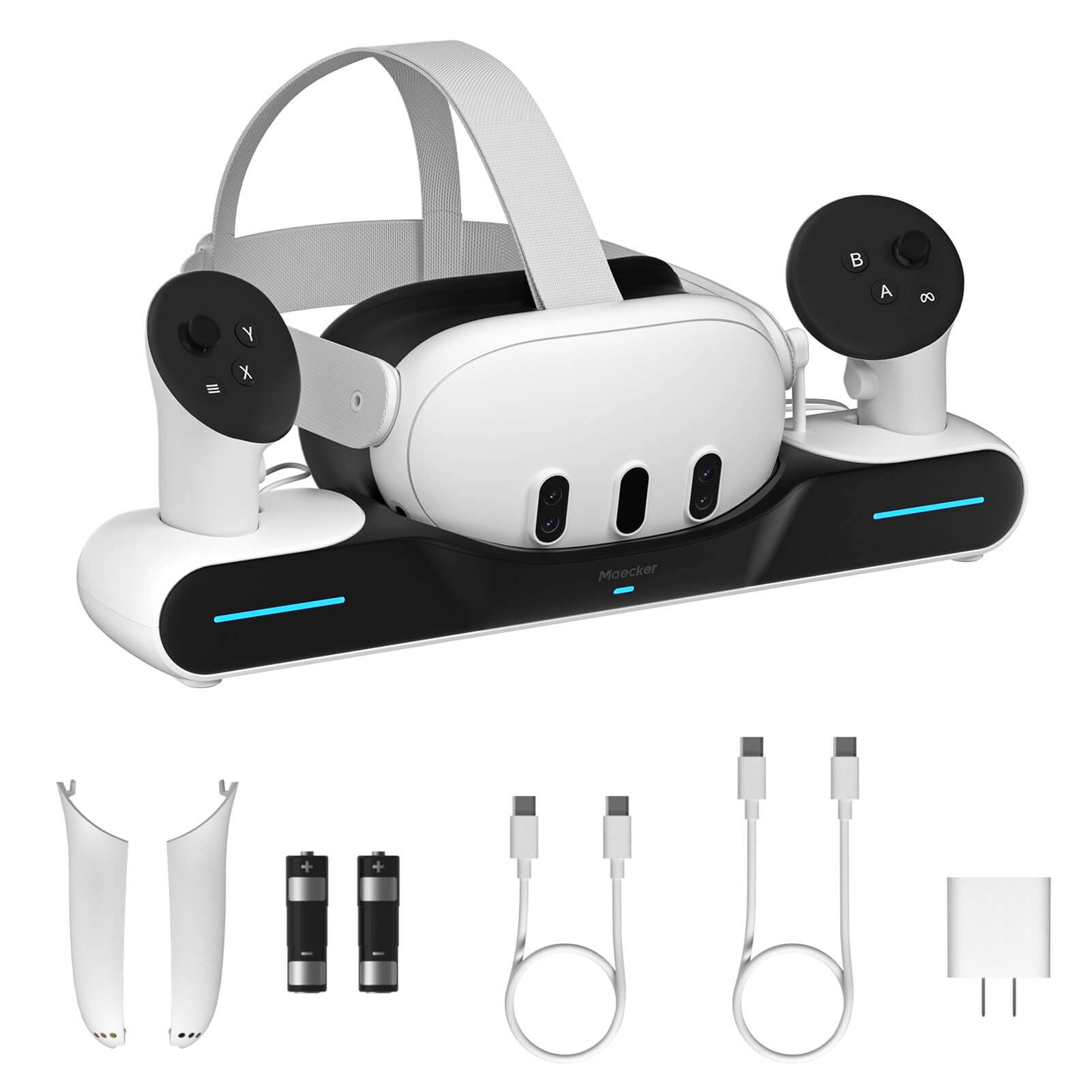
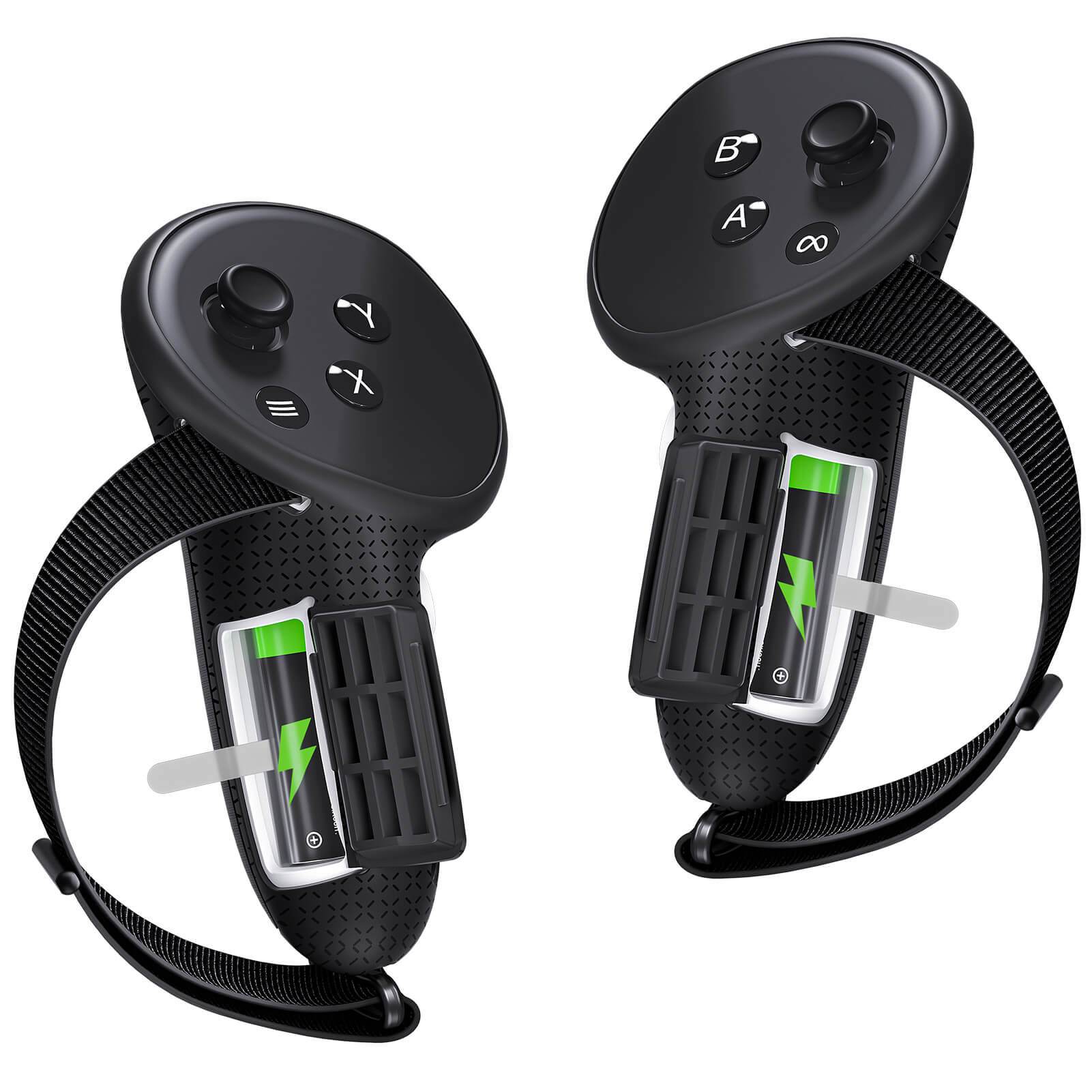
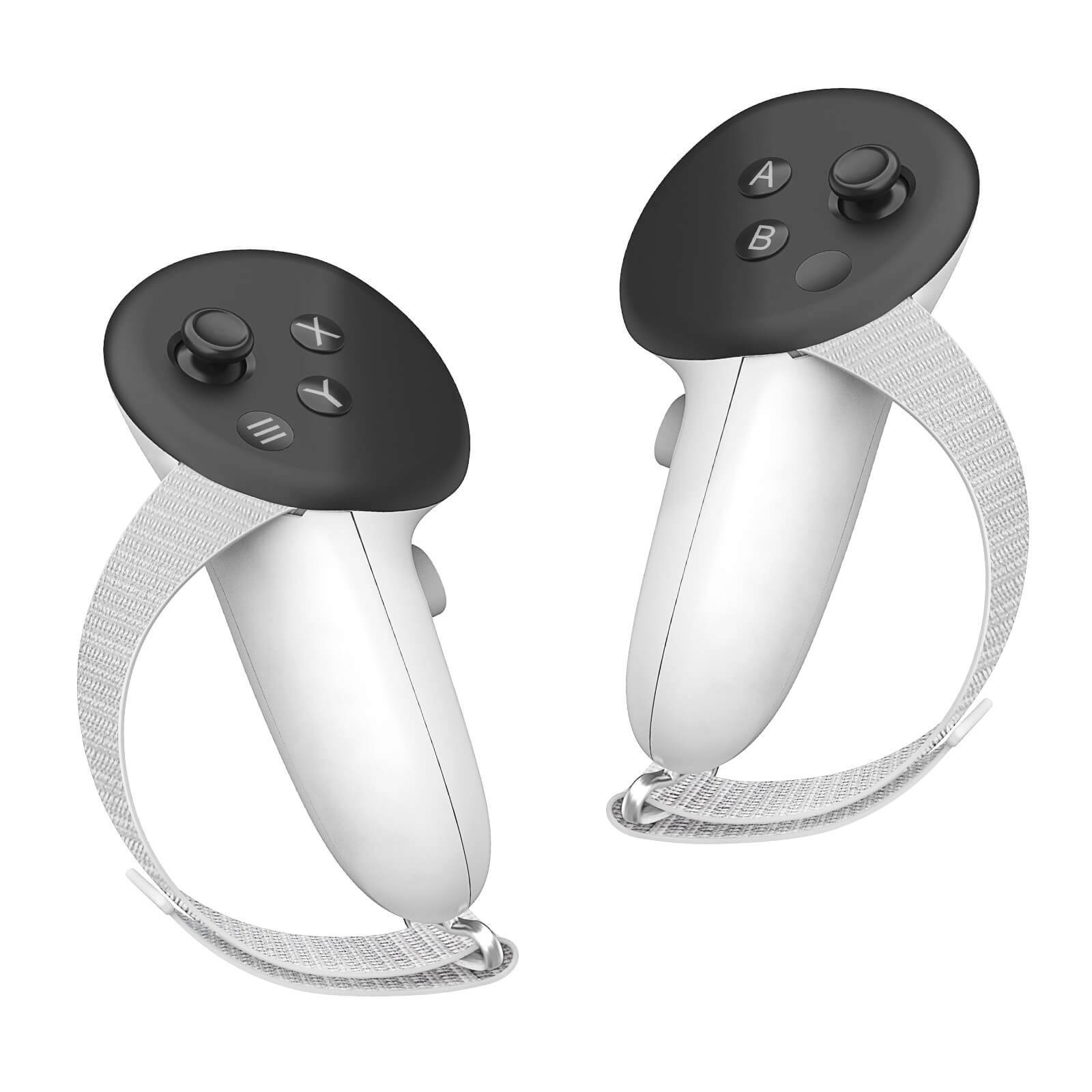
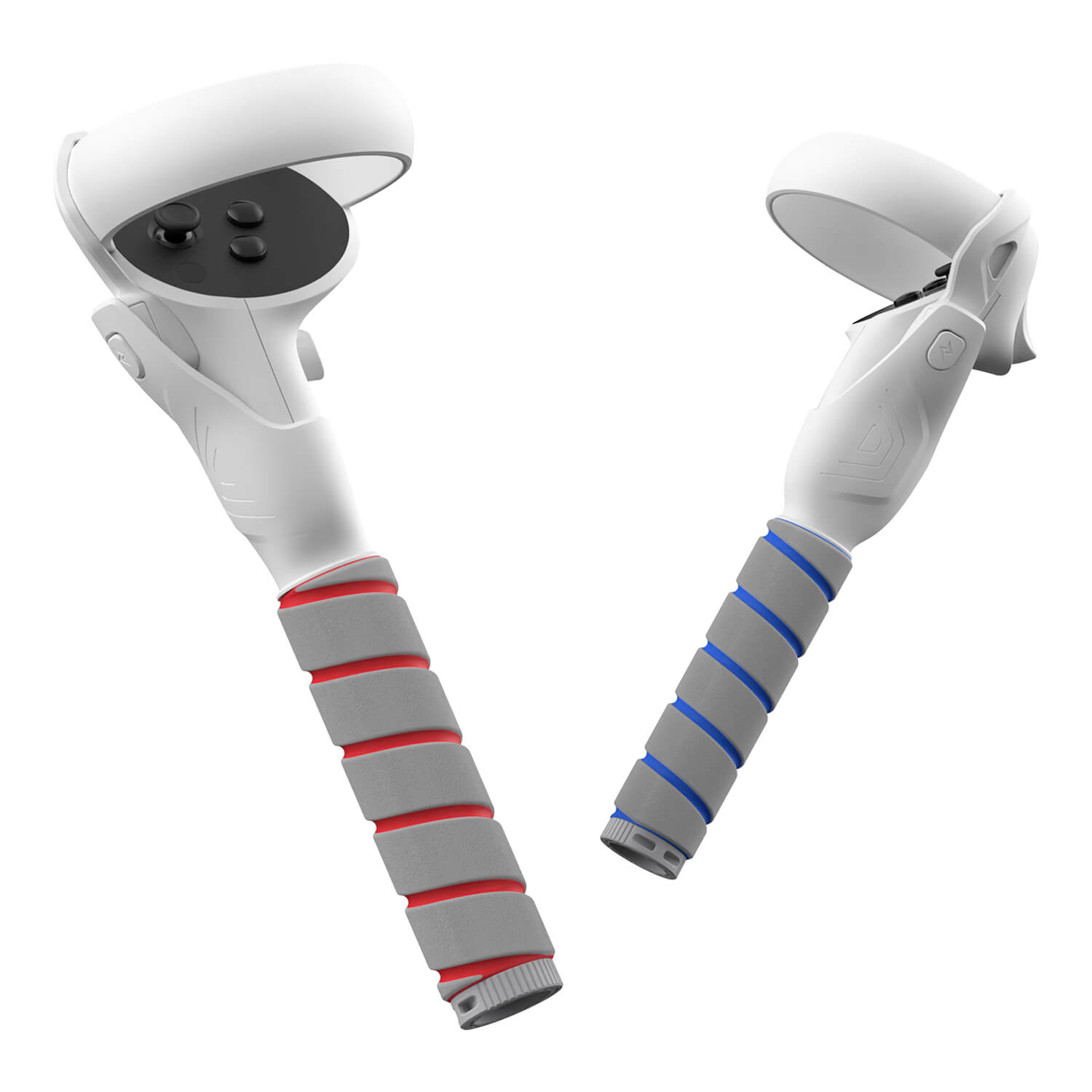

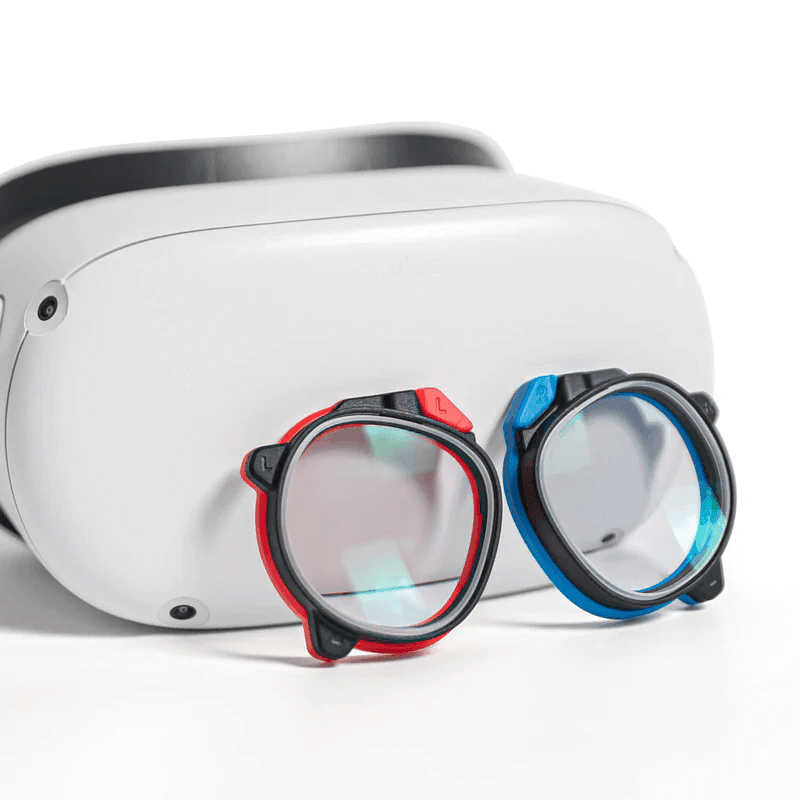
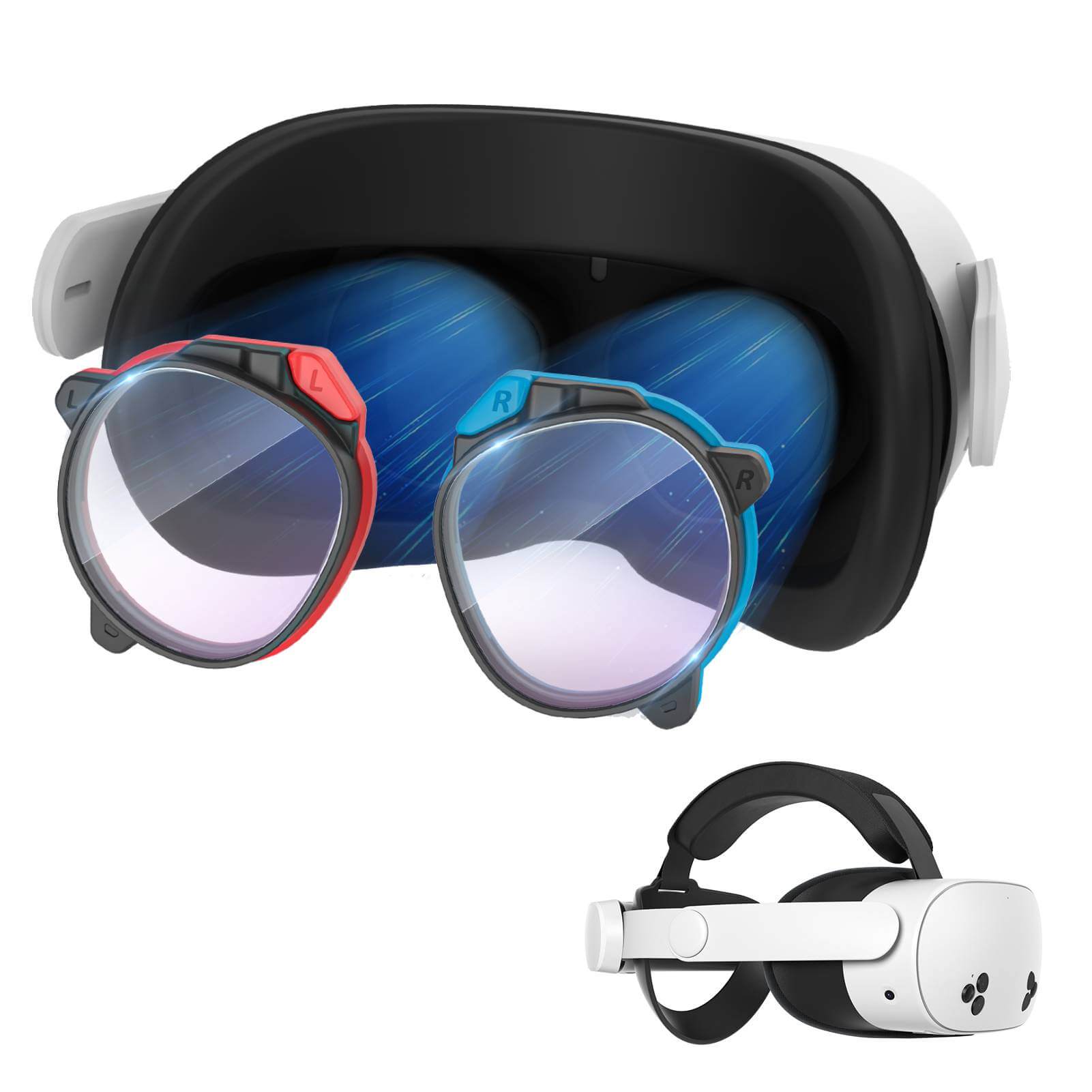
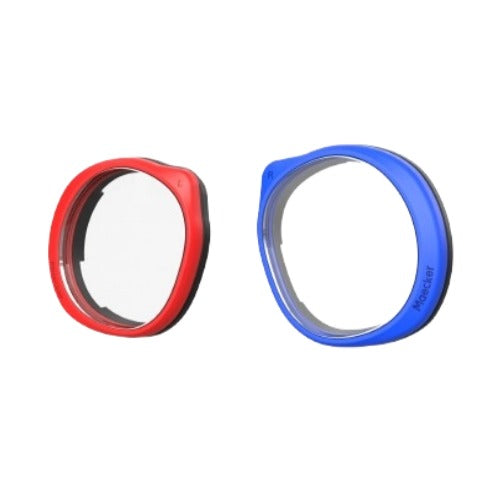
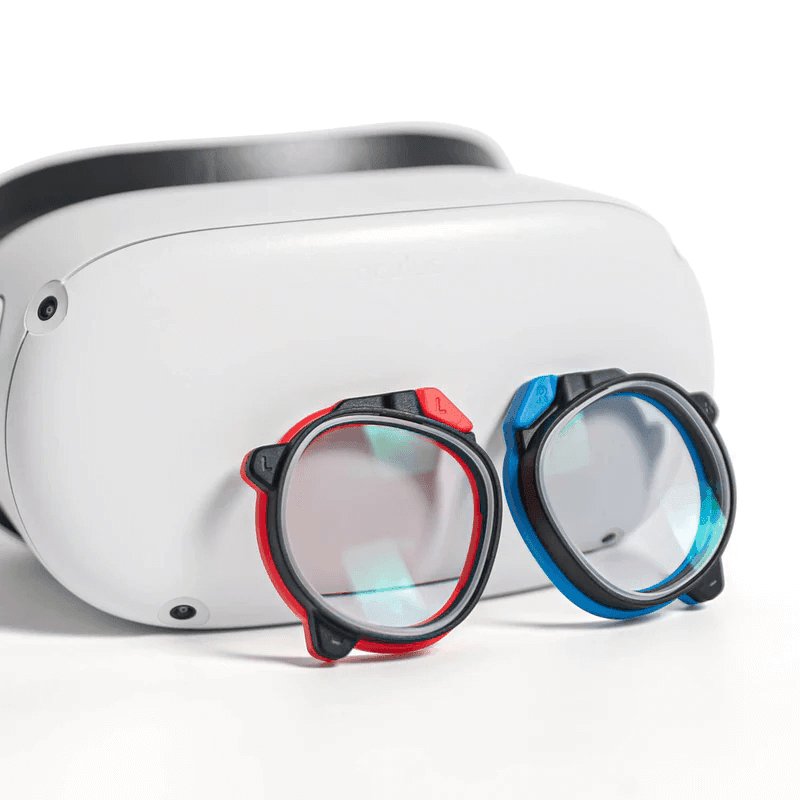

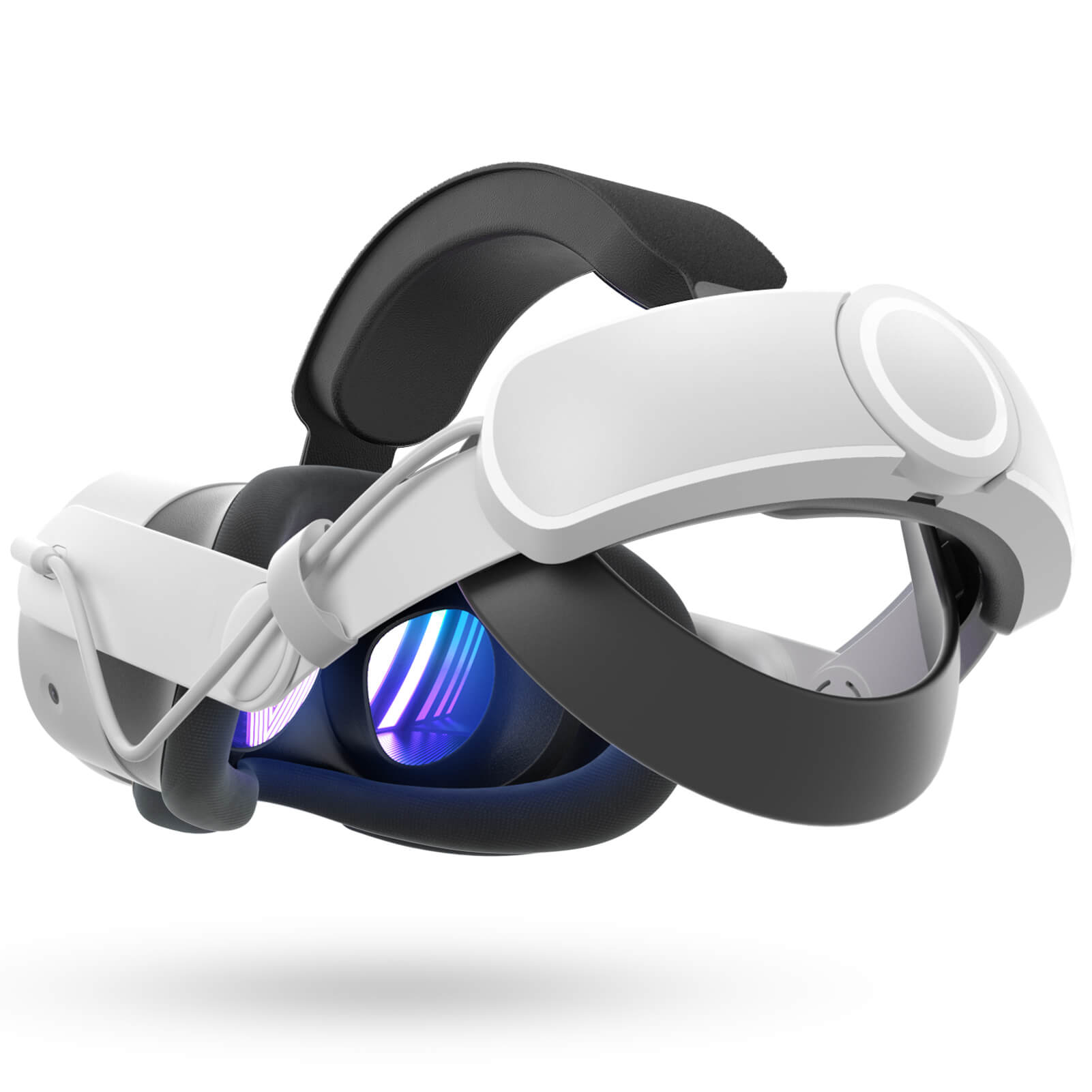
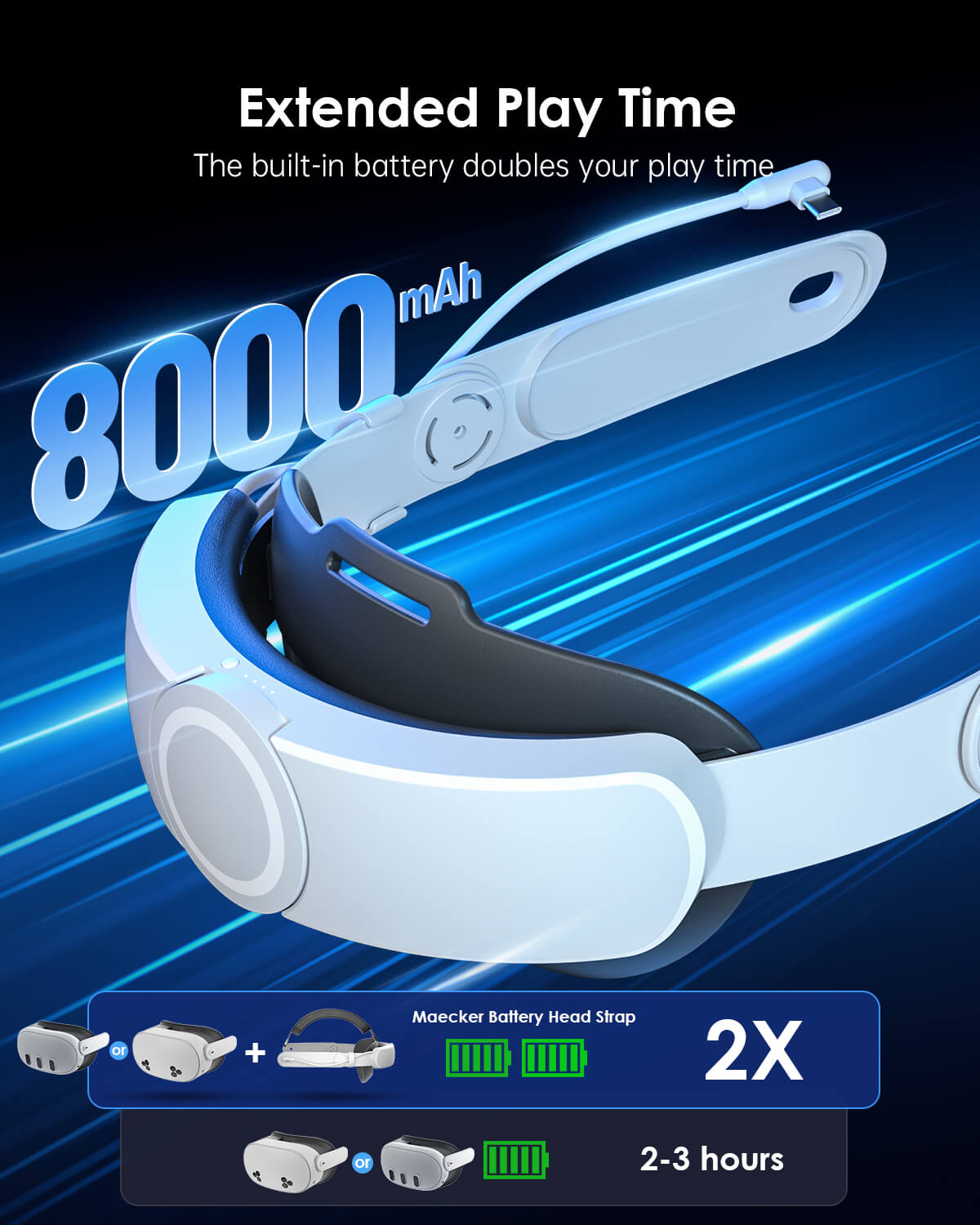
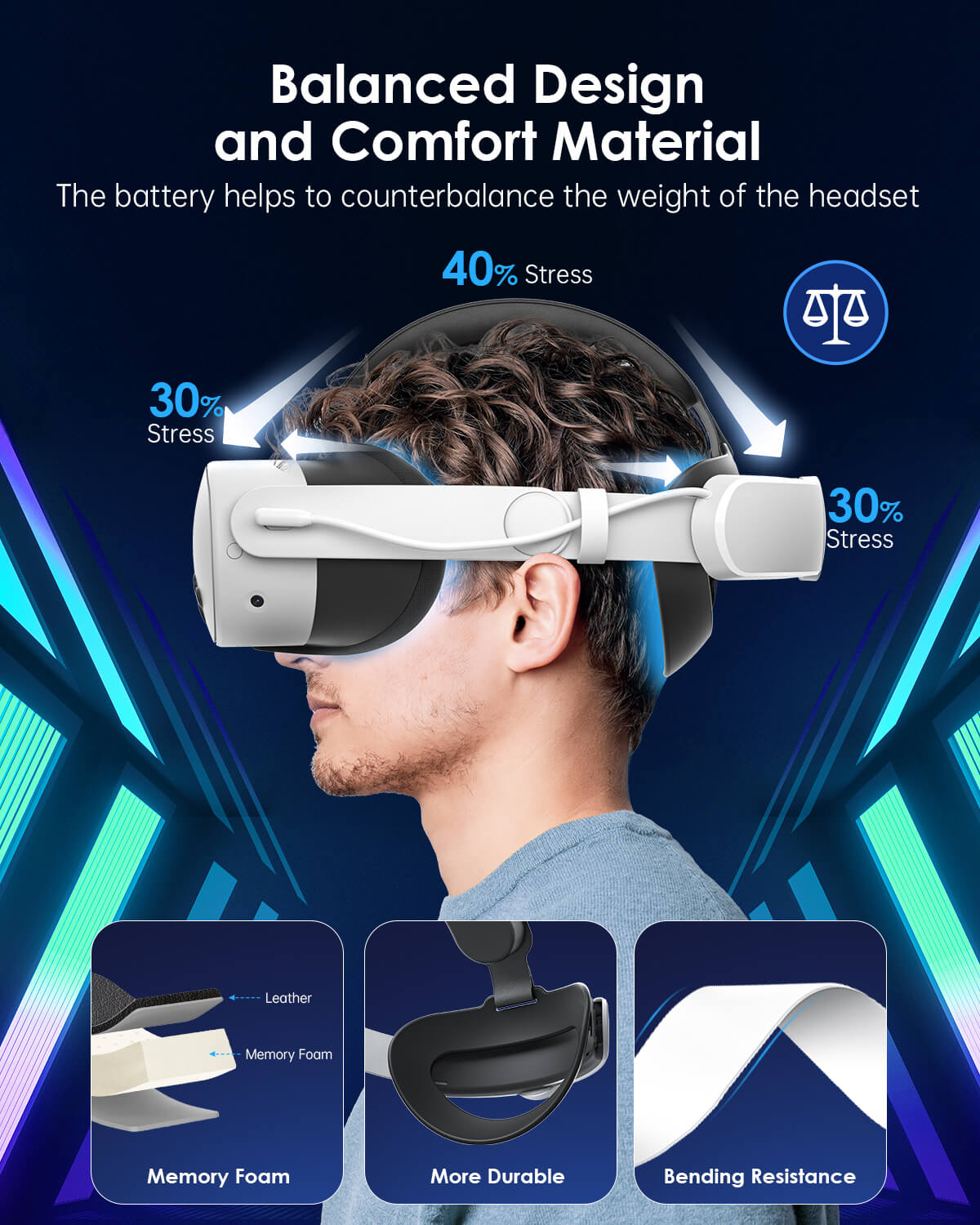
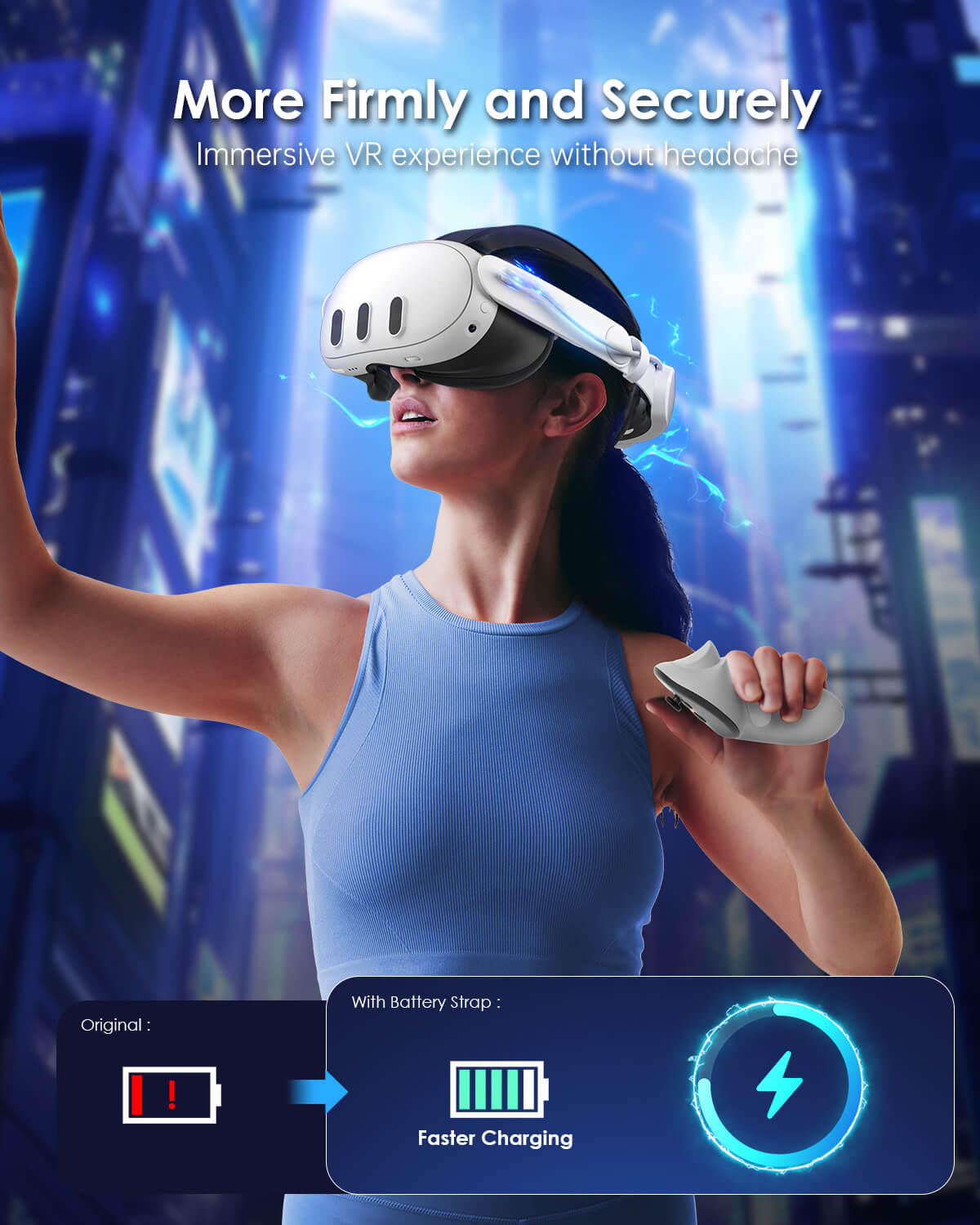
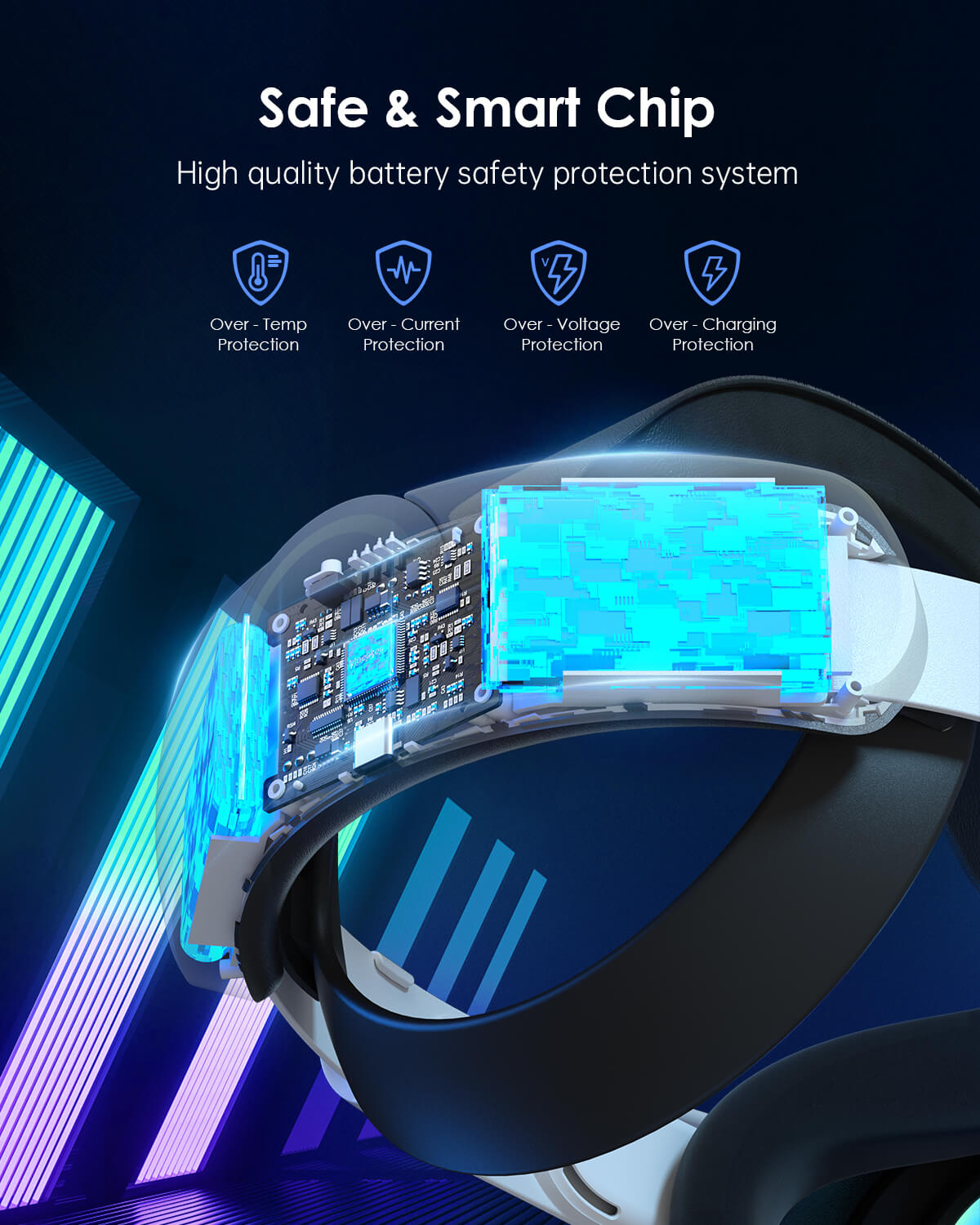
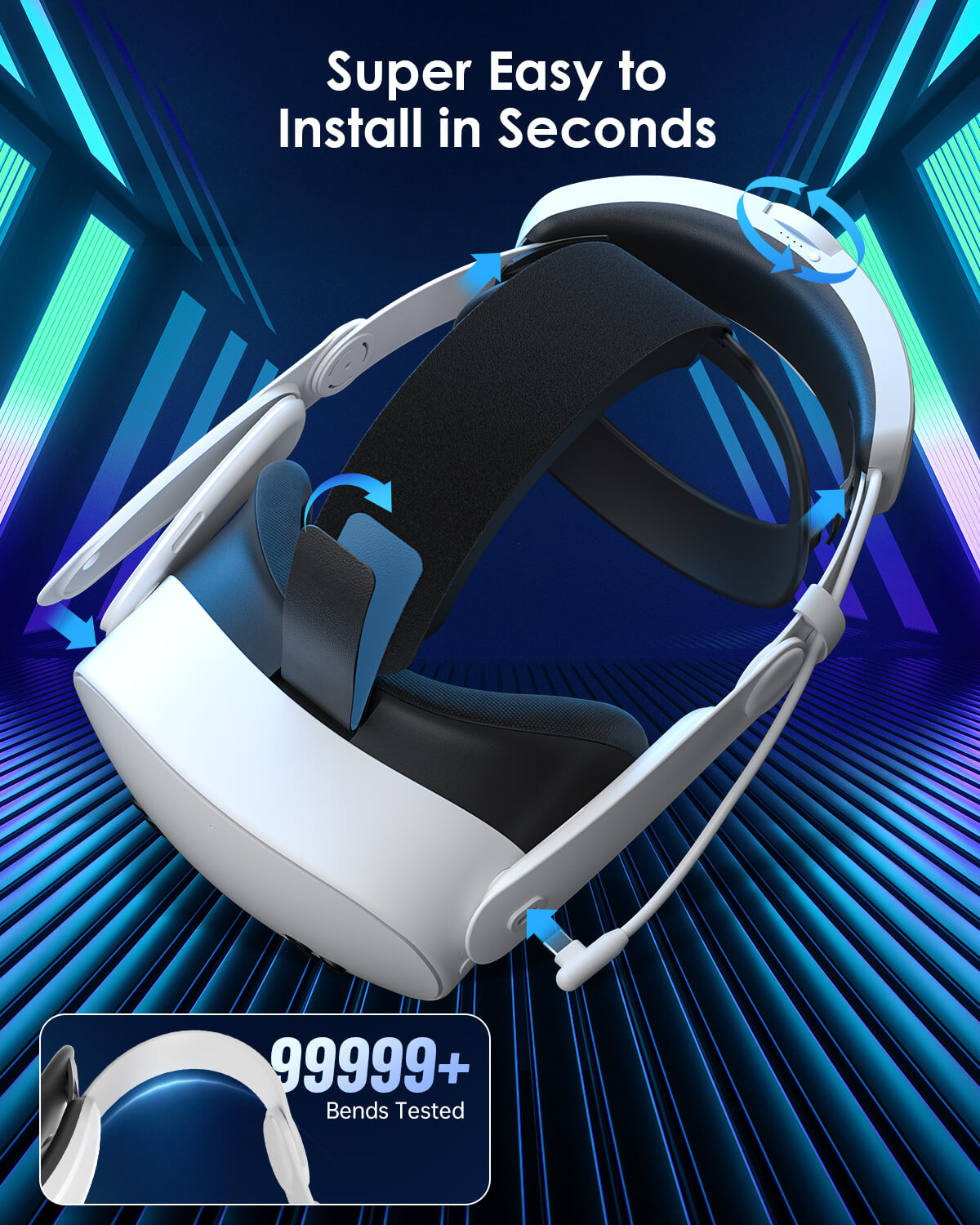
Laisser un commentaire
Tous les commentaires sont modérés avant d'être publiés.
Ce site est protégé par hCaptcha, et la Politique de confidentialité et les Conditions de service de hCaptcha s’appliquent.